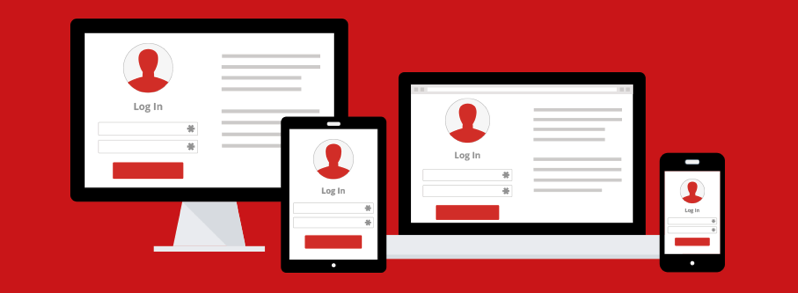
A good password manager should be adaptable as possible, working across all devices for the sake of continuity and ease of use. Using separate password managers across all devices can be inconvenient and frustrating, especially when complex passwords are in use. Most people have more than one internet-enabled device, including work computers, personal computers, smartphones, and tablets. Technology is also constantly changing, so a strong password manager will take continuous steps to stay on top of evolving best practices. A good password manager will use sophisticated security practices, like advanced encryption procedures and no-knowledge models, to ensure user information is protected from both cyber criminals and company employees. A poorly protected password manager can lead to account breaches, putting your personal information at risk. Password managers are an important tool for organizing passwords and related account information, but they’re also a critical part of protecting them. These five crucial features - security, compatibility, ease of use, price, and password sharing - should all be at the top of your list when weighing your options.

Password managers come in many different shapes and sizes, but there are a few elements that are more important to consider than others.


 0 kommentar(er)
0 kommentar(er)
